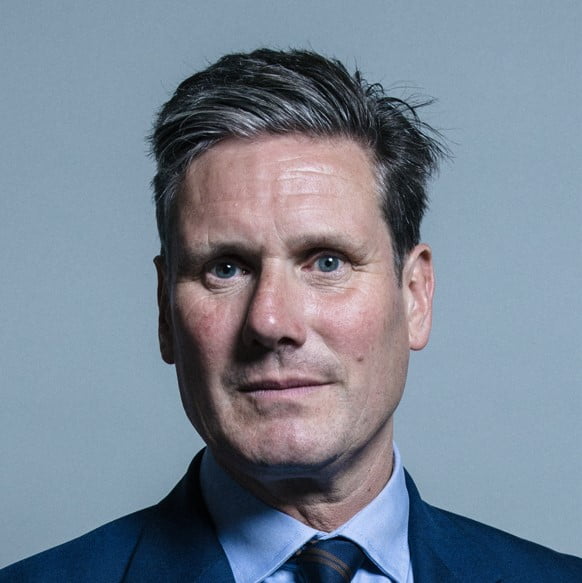Keir Starmer’s Downing Street Reshuffle: What It Means and What It Misses
As Parliament resumed after summer recess, Prime Minister Keir Starmer wasted no time in executing a sweeping reorganisation of his Downing Street team. But beneath the headlines of new appointments and streamlined command structures, a deeper narrative is unfolding, one that may have profound implications for the UK’s future, especially in the face of the growing climate crisis.
Starmer’s creation of a new “Chief Secretary to the Prime Minister” role, now filled by former Treasury minister Darren Jones, signals a desire for tighter control and faster execution on government priorities. It’s also a clear admission: the machinery of government has been underperforming since Labour’s return to power.
Yet this is more than a bureaucratic reshuffle. It is, in effect, a reset button — one that attempts to paper over internal discontent, sluggish policy delivery, and a lack of public confidence in the pace of change. While the move aims to sharpen focus on economic governance — evidenced by the appointment of Baroness Shafik, ex-deputy governor of the Bank of England, as economic adviser — critics argue it reveals growing panic rather than planning.
Power Moves and Political Optics
This shuffle has already attracted biting criticism from across the political spectrum. Reform UK’s Richard Tice called it “desperate,” and Conservative voices labelled it a “circus” and a sign of weakening confidence in Chancellor Rachel Reeves. Kemi Badenoch’s fiery remarks about Labour’s stance on immigration underscore the broader perception of disarray.
But the real question is: while Starmer rearranges the deckchairs in Whitehall, is the ship steering away from the iceberg — or towards it?
Where’s the Climate Strategy?
Amid all the restructuring, what’s glaringly absent is a clear signal on climate policy. Starmer’s team talks a lot about economic stability, budget discipline, and tighter asylum rules — but climate change, arguably the defining issue of this generation, remains barely mentioned.
With Britain experiencing record-breaking heat, flooding, and droughts — all symptomatic of an escalating climate emergency — this reshuffle offered a prime opportunity to elevate green leadership. Yet, there is no new climate secretary, no mention of accelerating the net-zero transition, no action plan to decarbonise the UK’s energy grid, or support climate resilience in vulnerable communities.
In a world already reeling from climate-driven costs, ignoring this portfolio is not just oversight — it’s negligence.
Climate Silence is Political Weakness
Starmer’s critics aren’t just political rivals. Climate campaigners and young voters — many of whom propelled Labour to power — are growing restless. The Labour manifesto made bold promises, but real climate action is still waiting in the wings.
The Prime Minister may want to emulate Tony Blair’s communications savvy by hiring ex-Blair aide Tim Allan, but he must also remember that optics without impact are hollow. Effective climate leadership is not a media spin — it’s a matter of public trust, global credibility, and economic survival.
The True Test Lies Ahead
Keir Starmer’s reshuffle may indeed streamline decision-making and sharpen focus ahead of the autumn Budget. But it also exposes internal fractures, policy paralysis, and a worrying absence of climate urgency. Unless the PM couples organisational reform with bold environmental vision, this shake-up will be seen not as strategy — but as struggle.




